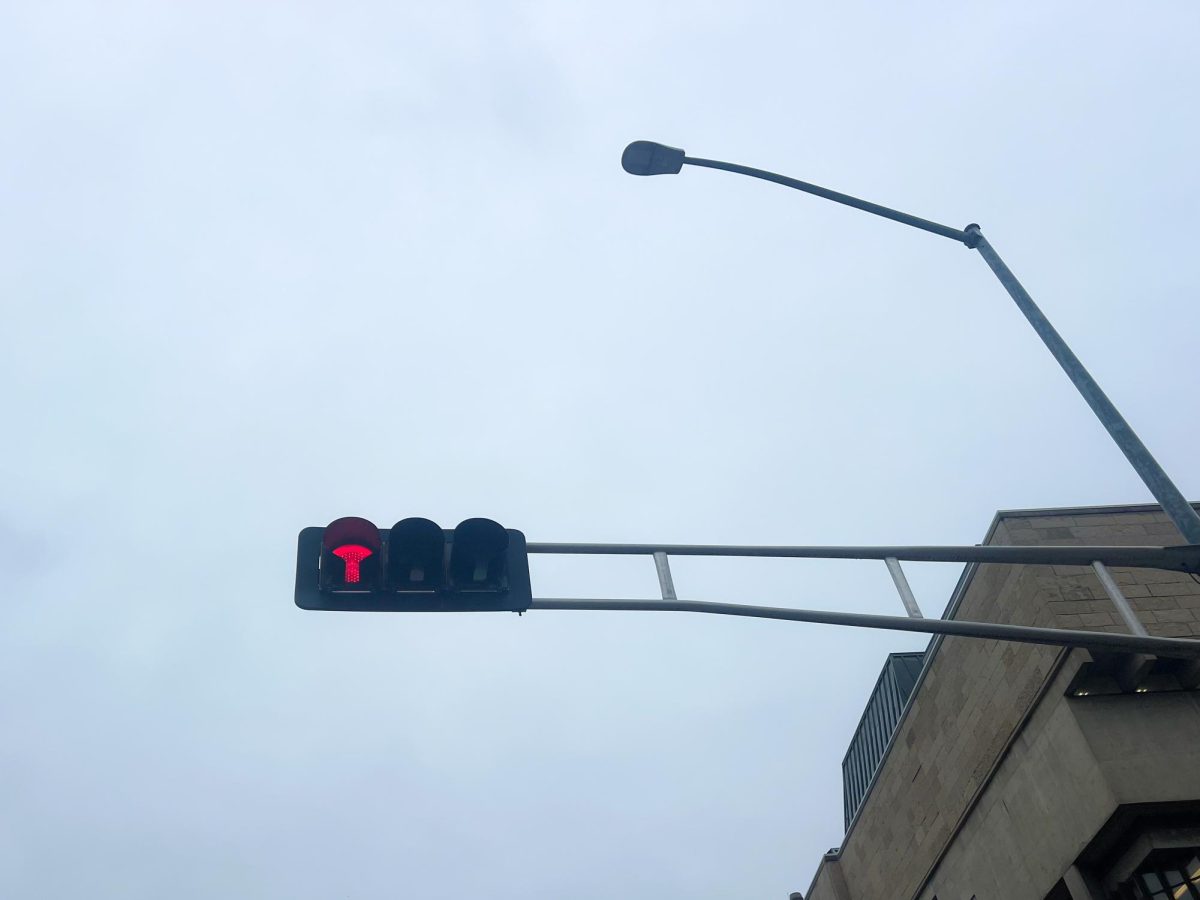The University of Wisconsin will host the annual Expanding Your Horizons conference geared toward sparking young women’s interests within science fields in an effort to decrease the gap between women and men within these fields Saturday.
The annual conference invites young women from middle schools throughout south central Wisconsin to participate in a daylong conference involving career workshops and hands-on competitions. Started in 1959, this year marks EYH’s 50th anniversary at UW and will include a special guest speaker, Amy Vedder, a senior vice president for the Wilderness Society in Washington, DC, who received her Ph.D. at UW.
Throughout the day, the focus of the conference will be on engaging and educating young women about the importance of careers in science, technology, engineering and mathematics as successful careers.
A vital aspect of the conference is the emphasis on the ability to have a career in science that is compatible with young women’s other aspirations, such as having a family. It helps to provide young women with role models, including professors, professionals, and graduate and undergraduate students, said Heather Daniels, a conference co-chair of EYH for the past 10 years
“The conference helps young women understand how they can fit into a science career,” Daniels said.
On Saturday, Amy Wendt, professor of electrical and computer engineering, will participate with other women from the engineering department as role models, leading a hands-on activity demonstrating the roles engineering plays in addressing social issues.
Wendt partially attributed the lack of women in engineering to misconceptions and lack of awareness young girls see in the role engineering disciplines play in society, and recognized the importance of EYH in addressing these.
“[The conference is] an opportunity to expose girls [to the sciences] before they’ve made decisions about what careers are involved in their aspirations,” Wendt said.
The girls take surveys before and after the conference, answering questions regarding their career interests. Daniels said there is a dramatic shift in the differences between these surveys, showing EYH’s success in exposing and building young women’s interests in scientific fields, especially engineering.
Although these results are positive, the science fields remain dominated by men. Through their work, EYH aims to bridge this gap.
“A large issue is the equal number of interest and involvement in sciences between young men and women early on that, as they move further from high school, ends in a gradual drop of women,” Daniels said.
College faculties experience a similar drop off with fewer women graduate students continuing on to be professors, said Ronald Raines, professor of biochemistry. However, Raines described the increasing opportunities available to young women through programs like EYH that were previously not accessible.
“The landscape is changing, and changing in favorable ways,” he said.
In fact, nationwide, as well as at UW, women are now outnumbering men in bachelor’s degrees in biological sciences, though they remain low in other fields, Daniels said.
While stereotypes and assumptions remain with how the demographic is changing, Swati Bhargava, publications coordinator at the Campus Women’s Center, anticipates within five to 10 years the difference between gender and equality within these fields will not exist.
“In the past, women played domestic roles, but the present and future see independent, career-oriented women,” Bhargava said.







